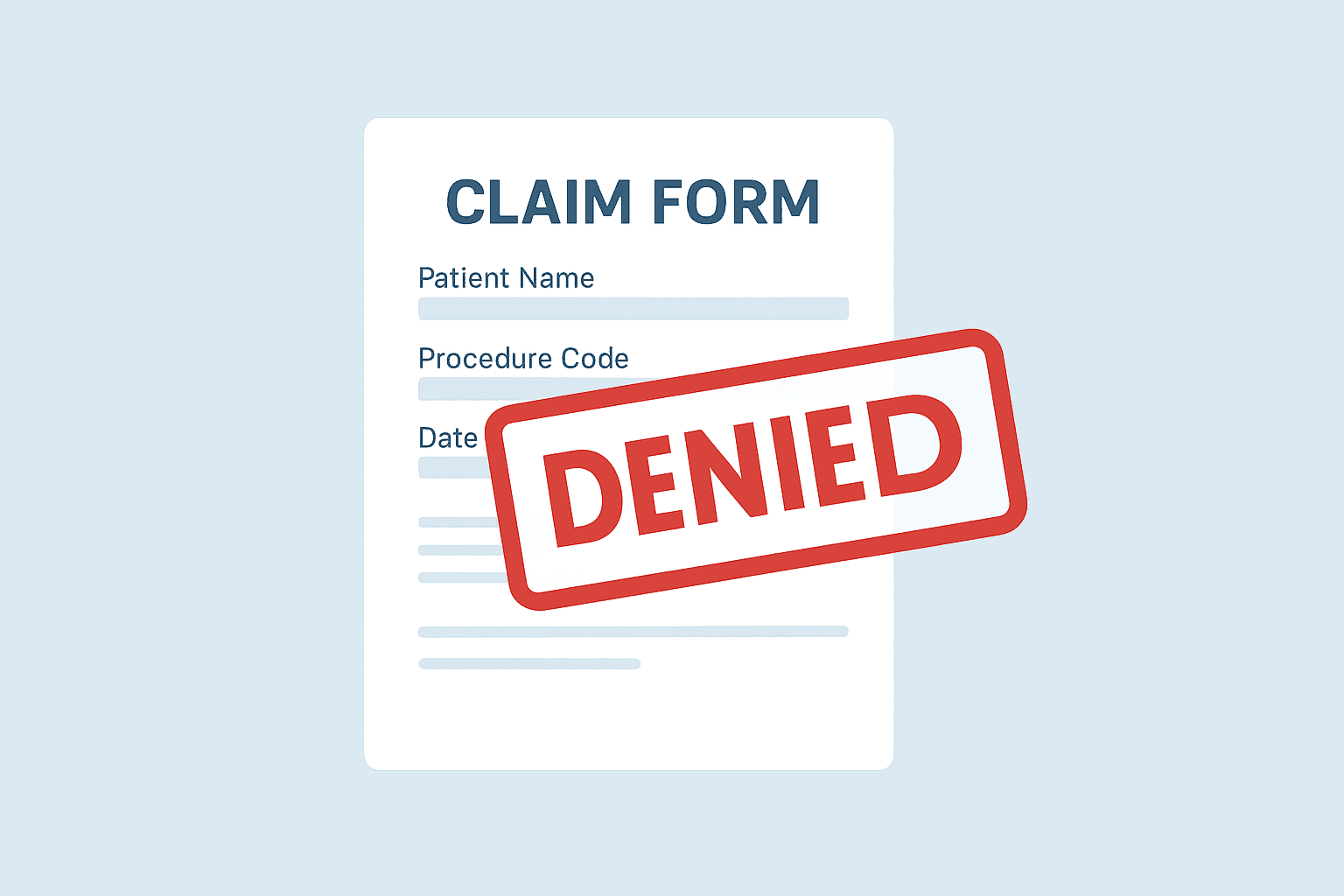Selling your Skilled Nursing Facility in Rhode Island presents unique challenges and opportunities. The market is shaped by tight regulations, financial pressures, and active buyers looking for strategic acquisitions. Making the right moves requires a clear understanding of the landscape. This guide provides insights into market conditions, key considerations, and the valuation process to help you prepare for a successful transition. Your facility is more than a business. We can help you secure its future.
Market Overview
The Rhode Island market for Skilled Nursing Facilities is distinct and undergoing significant change. For owners considering a sale, understanding these dynamics is the first step.
A Challenging Financial Climate
Financial pressures are considerable. Occupancy rates have fallen to 83% from over 90% a decade ago, straining revenue. This is compounded by reimbursement issues. Low Medicaid rates and stagnant Medicare Advantage plan payments create a tough environment where nearly two-thirds of facilities reported negative operating margins in 2023. These financial headwinds make operational efficiency and a smart payer mix more important than ever.
Consolidation and Closures
The financial strain has led to market consolidation. Rhode Island has seen an 11% reduction in nursing homes since 2015, a rate higher than the national average. While this trend is concerning, it also signals that well-run facilities are attractive targets for larger groups looking to expand their footprint and create economies of scale.
Key Considerations
Beyond broad market trends, your facility’s specific circumstances will heavily influence its sale. Staffing and regulations are two of the biggest factors in Rhode Island. The state’s 2021 Staffing and Quality Care Act introduced strict minimum staffing ratios that two-thirds of facilities currently cannot meet. While enforcement is suspended, these mandates, along with proposed federal rules, represent a major future liability that any potential buyer will scrutinize.
Furthermore, the sale itself is a regulated process. Any change of ownership must receive prior approval from the Rhode Island Department of Health (RIDOH) after a review by the Health Services Council. This is not a simple paperwork filing. It is a formal review process that can create significant delays if not managed correctly from the outset.
Market Activity
Despite the challenges, buyers are actively investing in the Rhode Island SNF market. This activity shows that sophisticated groups see long-term value in the state.
- Multi-Facility Portfolio Acquisition. In early 2025, Greystone provided $29.9 million in financing for the acquisition of a six-facility portfolio in Rhode Island. This demonstrates that there is significant capital available for large-scale, strategic acquisitions.
- Major Operator Transactions. National players are also making moves. Providence’s sale of skilled nursing facilities to The Ensign Group, a major national operator, shows continued interest from large, publicly-traded companies in acquiring established assets.
These transactions prove there is a robust market for owners who are prepared. The key is positioning your practice to attract these well-capitalized buyers.
Sale Process
Selling your facility is a structured process that goes far beyond finding a buyer and agreeing on a price. It begins with comprehensive preparation, including financial cleanup and a professional valuation. From there, we move to confidentially marketing the practice to a curated list of qualified buyers. Once offers are received and a letter of intent is signed, you enter the due diligence phase. This is where buyers verify every aspect of your business, and it is where many deals encounter unexpected problems if you are not prepared. Finally, the process culminates with navigating the RIDOH approval and closing the transaction.
Valuation
What is your practice actually worth? Buyers don’t value your facility based on reported net income. They use a metric called Adjusted EBITDA (Earnings Before Interest, Taxes, Depreciation, and Amortization). This figure normalizes your financials by adding back legitimate, but non-essential or one-time, expenses. Proper preparation can significantly change your valuation. I have seen how small adjustments can lead to large gains.
Consider this simplified example:
| Metric | Your Books | For a Buyer |
|---|---|---|
| Reported Net Income | $500,000 | $500,000 |
| Owner Salary (Above Market) | $0 | +$150,000 |
| One-Time Repairs | $0 | +$75,000 |
| Adjusted EBITDA | $500,000 | $725,000 |
| Valuation at 5x Multiple | $2,500,000 | $3,625,000 |
This process of financial normalization is fundamental. It tells the true story of your facility’s earning power and is the first step toward securing a premium valuation.
Post-Sale Considerations
A successful sale isn’t just about the price you get at closing. You also need a plan for what comes next. Many deals include a transition period where your involvement is key to a smooth handover. It is also important to consider the structure of your proceeds. You might see terms like an “earnout,” where part of your payment is tied to future performance, or “rollover equity,” where you retain a stake in the new, larger company. This can give you a “second bite at the apple” when the new company sells later on. Planning for these elements during negotiations is critical to protecting your financial future, your legacy, and the staff who helped you build it.
Frequently Asked Questions
What are the main financial challenges when selling a Skilled Nursing Facility (SNF) in Rhode Island?
The main financial challenges include lower occupancy rates (83% compared to over 90% a decade ago), low Medicaid reimbursement rates, stagnant Medicare Advantage payments, and the fact that nearly two-thirds of facilities reported negative operating margins in 2023. These factors put pressure on revenue and profitability.
How does market consolidation affect the sale of SNFs in Rhode Island?
Market consolidation has led to an 11% reduction in nursing homes since 2015, higher than the national average. While this reduces the number of competitors, well-run facilities become attractive acquisition targets for larger groups seeking strategic expansion and economies of scale.
What regulatory approvals are required to sell a Skilled Nursing Facility in Rhode Island?
The sale of an SNF requires prior approval from the Rhode Island Department of Health (RIDOH) after review by the Health Services Council. This is a formal and potentially time-consuming process, not just simple paperwork, so managing it correctly from the start is critical to avoid delays.
How is the valuation of a Skilled Nursing Facility determined during a sale?
Valuation is based on Adjusted EBITDA (Earnings Before Interest, Taxes, Depreciation, and Amortization), which normalizes financials by adding back legitimate non-essential or one-time expenses. This approach reveals the true earning power of the facility and can significantly increase the sale price compared to just reported net income.
What are some post-sale considerations for SNF owners in Rhode Island?
Post-sale considerations include planning for a transition period to ensure a smooth handover, deciding on the structure of sale proceeds such as earnouts tied to future performance, or rollover equity that allows retaining a stake in the new company. These elements help protect financial interests, legacy, and support for staff after the sale.



